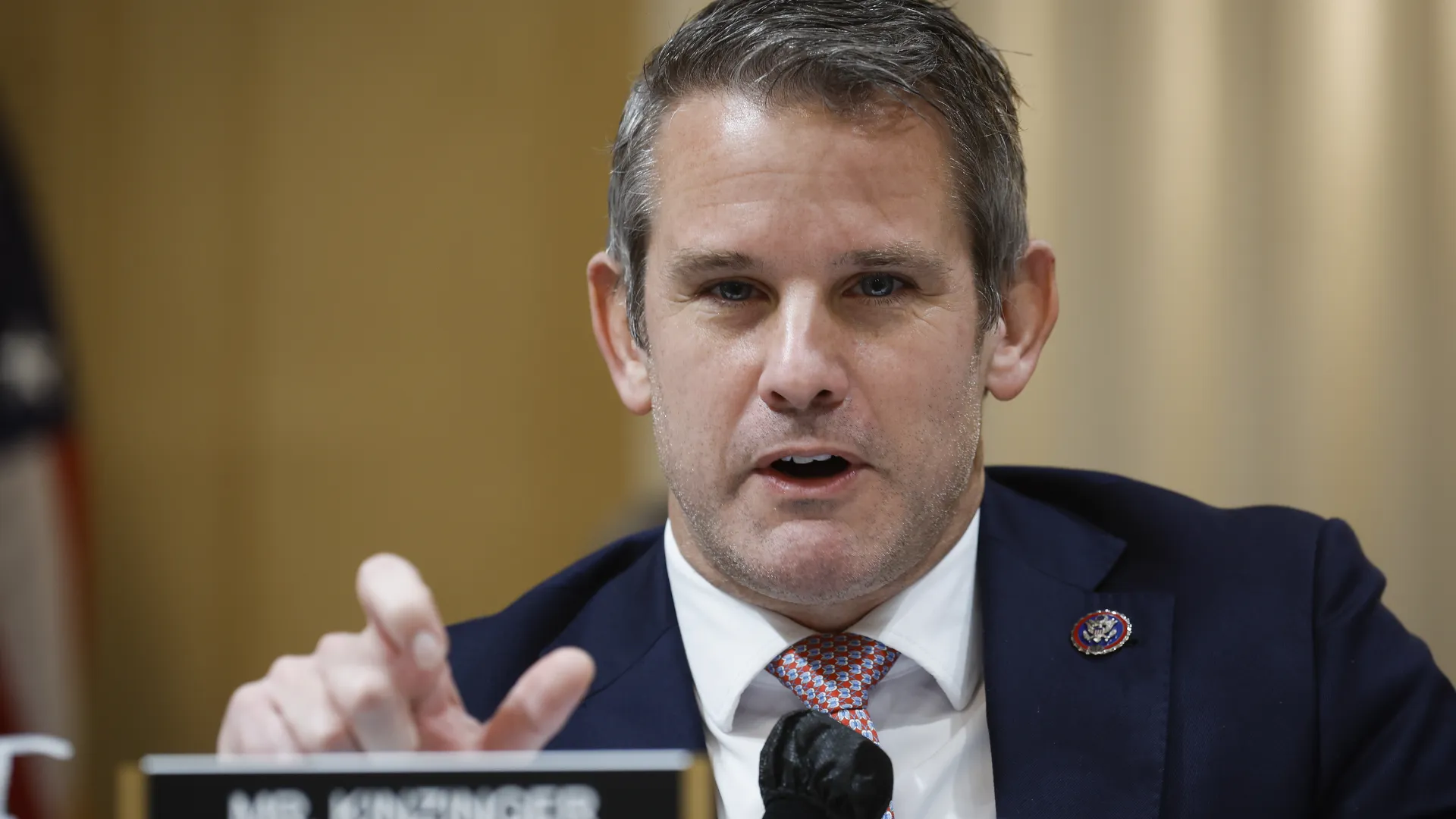
President Joe Biden reached a historic milestone on Friday, securing his 235th judicial confirmation during his first term—a tally that surpasses former President Donald Trump’s total by one.
This achievement reflects the Democrats' concerted effort to reshape the federal judiciary after Trump’s transformative term, during which he appointed three Supreme Court justices and dozens of lower-court judges.
The Senate confirmed Serena Raquel Murillo as a district judge for the Central District of California, marking the final judicial approval before Congress adjourns and Republicans assume control of the Senate.

This milestone also represents the most judicial confirmations in a single term since Jimmy Carter’s presidency. Despite the triumph, Republicans are poised to leverage the upcoming term to further expand Trump’s influence on the judiciary.
Biden and Senate Democrats have emphasized appointing judges who bring diversity in gender, ethnicity, and professional background to the bench. Approximately two-thirds of Biden’s appointees are women, with a majority being people of color.
This focus culminated in the historic appointment of Justice Ketanji Brown Jackson, the first Black woman to serve on the Supreme Court. Biden lauded his administration’s efforts, saying, “When I ran for President, I promised to build a bench that looks like America and reflects the promise of our nation. I’m proud I kept that commitment.”

Senate Judiciary Committee Chair Sen. Dick Durbin (D-Ill.) highlighted the need for diversity, noting that prior judicial appointments overwhelmingly favored white males. “We consciously moved forward to bring more women to the bench, and believe me, we had a great talent pool to work with,” Durbin said.
This strategy also extended to appointing civil rights lawyers, public defenders, and labor rights advocates, broadening the judiciary’s professional expertise. Over 45 of Biden’s appointees are public defenders, while more than two dozen have backgrounds in civil rights law.
While Biden outpaced Trump in district court appointments, he lagged behind in circuit court confirmations, securing 45 compared to Trump’s 54. Additionally, Biden appointed one Supreme Court justice during his term, whereas Trump appointed three, including Justice Amy Coney Barrett, whose confirmation shortly before the 2020 election sparked controversy.

The Democrats’ urgency stemmed from a 50-50 Senate split for much of Biden’s term. Senate Majority Leader Chuck Schumer (D-N.Y.) consistently prioritized judicial votes, recognizing the critical role judges play in shaping policies. Liberal advocacy groups celebrated Biden’s achievement, emphasizing that diversity in personal and professional backgrounds enhances judicial fairness and builds public trust.
Lena Zwarensteyn of The Leadership Conference on Civil and Human Rights praised the administration for prioritizing demographic and professional representation in judicial appointments.
However, Senate Republicans were critical of Biden’s choices. Sen. Ted Cruz (R-Texas) accused Democrats of prioritizing partisan loyalty over qualifications. “They put people on the bench who were selected because they were extreme partisans,” Cruz said.

Looking ahead, Republicans, led by Sen. Chuck Grassley (R-Iowa), aim to surpass Biden’s numbers in the coming years. Grassley noted that many judges appointed under Republican presidents delayed retirement in anticipation of a GOP return to the White House.
Democrats remain cautious, knowing Trump will have another term to shape the judiciary further. “We’ve done good work, but the prospects ahead are sobering,” Sen. Richard Blumenthal (D-Conn.) said. Grassley, however, was optimistic, declaring, “By January 20, 2029, Trump will be bragging about getting 240 judges.”
Schumer celebrated the milestone, emphasizing the broader implications of Biden’s appointments. “Our bench is now far more balanced in experiences, expertise, and qualifications than four years ago,” he said.
Despite this achievement, Democrats acknowledge the ongoing challenge of countering Trump’s long-lasting influence on the judiciary.



